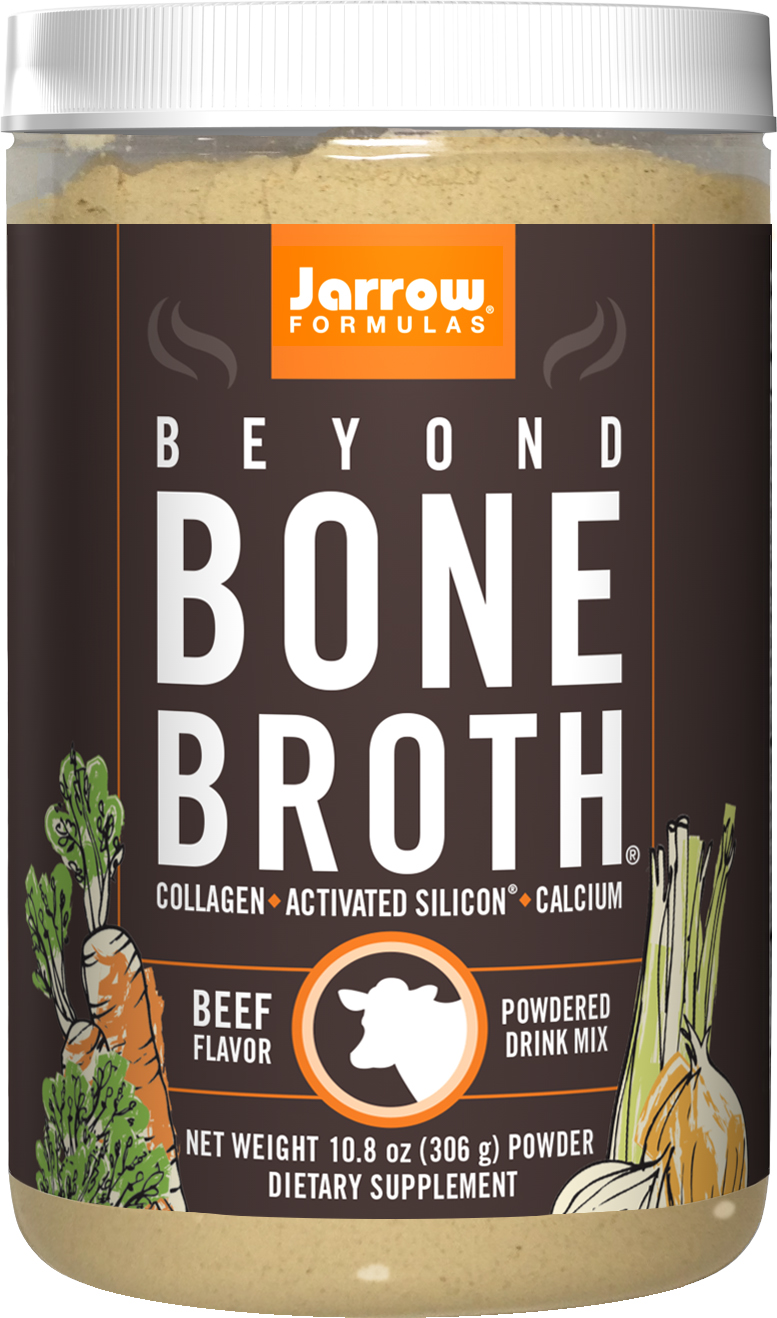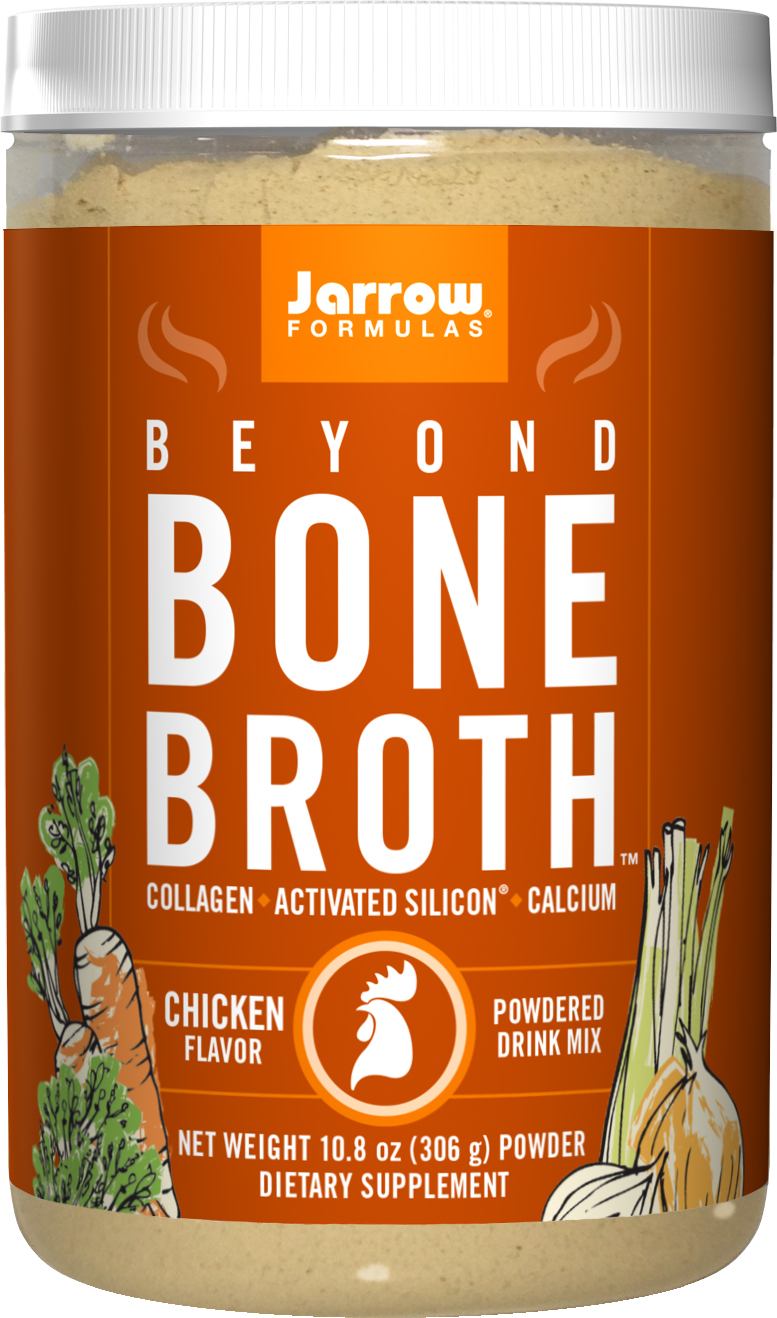I wanted to write about collagen this month, since it can have so many diverse and wide ranging benefits. Collagen is a protein that is very prevalent in our bodies- 30% of the protein in our body is made of collagen and it is the main component of our connective tissues. Collagen is a crucial component of our skin, joints, bones, tendons, and ligaments.
We are born with abundant stores of collagen, and the human body produces copious amounts of collagen when we are young. Unfortunately, that production begins to decline every year after age 25, and decreases even more dramatically in women after menopause.
The decreases in collagen happen throughout our bodies, reducing bone flexibility, making injury more likely, and contributing to joint and mobility problems. One easy way each of us can see how our body’s stores of collagen have decreased is by looking at our skin. As we age, the lovely, plump skin we all had as young adults changes considerably; lower levels of collagen is one of the main causes of that, since collagen helps to prevent thinning and wrinkling of the skin as well as loss of elasticity. Those outward signs of collagen loss mirror what is unseen inside our bodies, affecting our bones, joints, tendons, as well as many other parts of the body.
Bone health is a particularly important benefit of collagen which most people are unaware of. Collagen literally holds our bones together in a collagen matrix, and helps our bones to remain flexible and durable. When one thinks of “brittle bones,” lack of collagen is a major factor contributing to that. Collagen helps to make the bones more stable and elastic.
Collagen supplements can be beneficial to help boost our body’s collagen stores, though not all collagen supplements are created equal. First of all, collagen is best taken as a powder. You need to take a fair amount of collagen to make a difference, and most collagen supplements in pill form are meant to be taken at around six at a time, which isn’t practical for most people. Another thing to look for is collagen in a peptide form, which basically means that the collagen is broken down into tiny molecules to enhance absorption (since if you’re not absorbing a supplement, it does nothing and you’re wasting your money).
Collagen peptides have been the study of numerous research studies in recent years. One placebo controlled study found that people using collagen peptides daily for three months had a 40% increase in skin elasticity, a 43% reduction in joint pain, and a 39% increase in mobility.
One very important thing to note about collagen is that there are many different forms, and each different form of collagen works in a different way in the body. For example, collagen known as “type I collagen” is helpful for skin, bones, and tendons, whereas “type II collagen” benefits joints, cartilage, and the digestive tract. Types I and II collagen are the most common, though there are actually many different forms of collagen that have varying benefits in body that affect the immune, cardiovascular, and reproductive systems, our hair and nails, even down to the health of our very cells!
A bad thing about most collagen supplements is that they usually only contain one variety of collagen, occasionally two, but rarely more than that, so you’re only getting a fraction of the benefits of the full spectrum of collagen. There is one collagen supplement that we recommend above all others- Collagen Peptide powder by Nature’s Plus. There are so many reasons we’d recommend that supplement in particular, the first of which is that it contains all six of the main collagen types, something I’d never seen in a supplement before this one. It’s also absorbed better than other collagen supplements because it is in the optimal peptide form as well as containing special enzymes that further aid in absorbing those beneficial collagen molecules.
I could go on and on about the reasons why this is the collagen I’d recommend above all others, but I thought it might be better to relay a few reports from my coworkers at Pass Health Foods who take this collagen from Nature’s Plus (I’m a vegetarian, so even though I believe in collagen supplements and the science behind them, I don’t personally take it since they’re from animal products). This particular collagen supplement is made from the highest quality collagen sources- grass-fed beef, cage-free chickens, and sustainably caught fish.
Liz, another one of the managers at the store, takes the Collagen Peptides every day in her coffee. It’s completely tasteless, so it can be mixed easily with foods or beverages. She feels like it has really helped with reducing joint pain and soreness after exercise. It’s the only thing she takes now for joints, and she says it really works. She and her daughter trained this summer for a one-mile swim to raise money for ALS, and she felt like the collagen supplement really helped with how her joints felt, particularly when compared with the joint pain she experienced before starting to use the supplement. Liz says she also likes the collagen peptides since they contain a good amount of natural protein. She feels like most protein supplements seem to bother her stomach, but she’s never had problems from the collagen. She says she also feels like there have been benefits for how her skin looks and feels.
Sarah, who also works at the store, has been using the same collagen peptide supplement and really loves it. She says she originally started taking it because she had a pulled muscle injury that wasn’t healing. She said that she felt relief after the first week, after what was turning into a lingering, painful condition. Sarah contracted an illness after going on a rafting trip and stopped taking all her supplements for a while. She said that her joint and muscle pain started coming back again after not using the collagen supplements for a few weeks, but that after starting them again she felt like her pain was better after just a couple of days of taking it.
Finally, Sam, the son of one of our owners, who just graduated from college, has been taking collagen peptides as well with great results. He had an injury from high school which had healed but where he was still having lingering, persistent inflammation. He has had several rounds of physical therapy and was even recommended cortisone shots by his physician, which he wanted to avoid since he’s still in his early 20’s. Since taking the collagen peptides, he has had consistently less pain. He loves to dance and this past weekend went to a dance competition and clinic. He said that he couldn’t believe it, but that he felt stiffer from being in the car for the three-hour drive than from dancing all weekend long.
We have the Collagen Peptides by Nature’s Plus that we recommend on an everyday sale of 20% off, to pass on the savings of a supplement we really believe in. That brings the price of a jar down to $19.99 for a month’s worth of one serving a day. Stop by the store for more information, we’d love to help you further.






